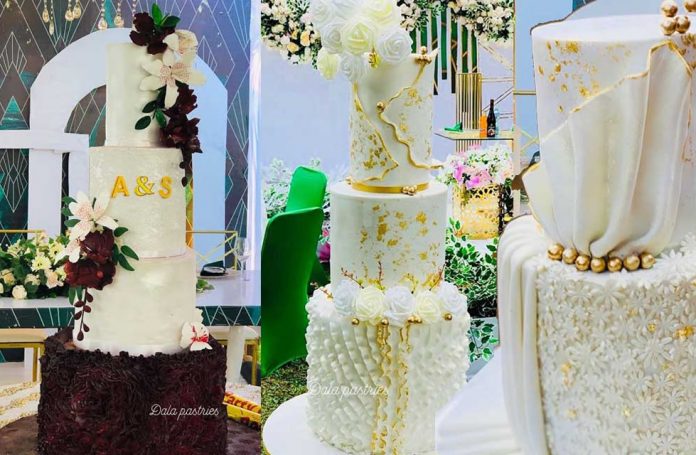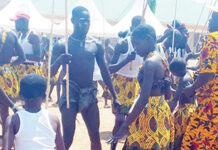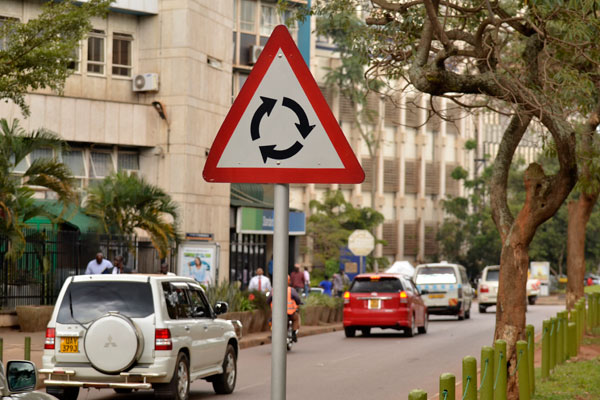Cakes are big business in Kampala and the definitive article at ceremonies. Not just for those who make them, but also for those who consume them. There are those who believe regardless of the ceremony, be it a graduation or birthday party, the cake must be glamorous or else there will be whispers in the corridors about how one is a cheapskate.
Kampala weekends offer the observer an opportunity to see how the denizens want their cakes to appear. It is about groups making countless trips to confectioners or window-shopping for the next big mukolo (party). There are inquiries about size of party, how many guests do you expect at your wedding, when shall it be held, do you want to keep for only two weeks or do you want to store it in the freezer for many months?
For Susan Gumisiriza, proprietor of Delicacies Limited in Lweza, cake making is a full-time business. “I am involved in other pursuits like interior design, but the cakes take most of my time,” she says. Gumisiriza says she is always making one cake or more on any given day.
Kampala’s brides also tend to want their cakes in an assortment of shapes. This trend is seen more with introduction cakes. The introduction is known as Kwanjula in Central Uganda and Kuhingira in the West. This is largely considered the most important part of the marriage ceremony because that is when the two families formally make a pact for the bride and groom. Introductions are where bride price and parents’ signatures are exchanged. All this requires that the cake be as symbolic as possible.
“I have been asked to make cakes in the shape of the local traditional earthenware pots (common in rural Uganda), but most of those orders have come in for the pre-wedding introduction ceremony,” Gumisirza says. “At the introduction, I have been asked to make cakes in the shape of a saucepan on three stones, symbolizing the traditional role of the woman in the home. It means the bride is ready to take on her role as the homemaker. Since the attention is on the cake for its central position at parties, it is considered the most important statement be represented in it.”
Winnie Bagonza, another confectioner of considerable experience, expresses the same sentiment. Bagonza, though not very active today, says she made cakes for many Ugandans who wanted different aspects of their lives expressed in the cakes they would serve at their weddings. “It is not surprising for a bride to come around asking for a cake in the shape of a car or a house; if that’s what they want, regardless of the cost, we made them,” she recalls.
Word about cakes gets around fast. For Gumisirza, it has been word-of-mouth that has got her the business. Since her practice is only starting out, she says all she does is give out her number to interested people who then recommend her. “When I make a cake, I do it knowing my next job will depend on how well I satisfy my clients,” she notes.
Cake makers are busiest at the end of the year in Kampala. From October to December, there are many weddings and graduation parties, according to those in the business. “Even birthday parties seem to increase around this period,” Peruth Mulindwa of Devine Cakes says.
Gumisiriza says she makes deliveries on order, though she will do it as part of the package depending on the size of the job. “For big cakes, I will drive out to the function and handle the preparation,” says. This is in part to prevent spoilage by people who might not know how to handle a large expensive work of art.
Even when prices of raw materials go up, Gumisiriza says she has to keep within the range of prices that her customers are used to. Any erratic price hikes and she knows she might lose her clientele. “I charge 50,000 UGX or 80,000 UGX for the very small cakes but I can also make cakes for prices ranging from 120,000 UGX to 160,000 UGX,” she says. In any case, there are many people in the business seeing as the demand in Kampala is as constant as it’s love for parties.




















